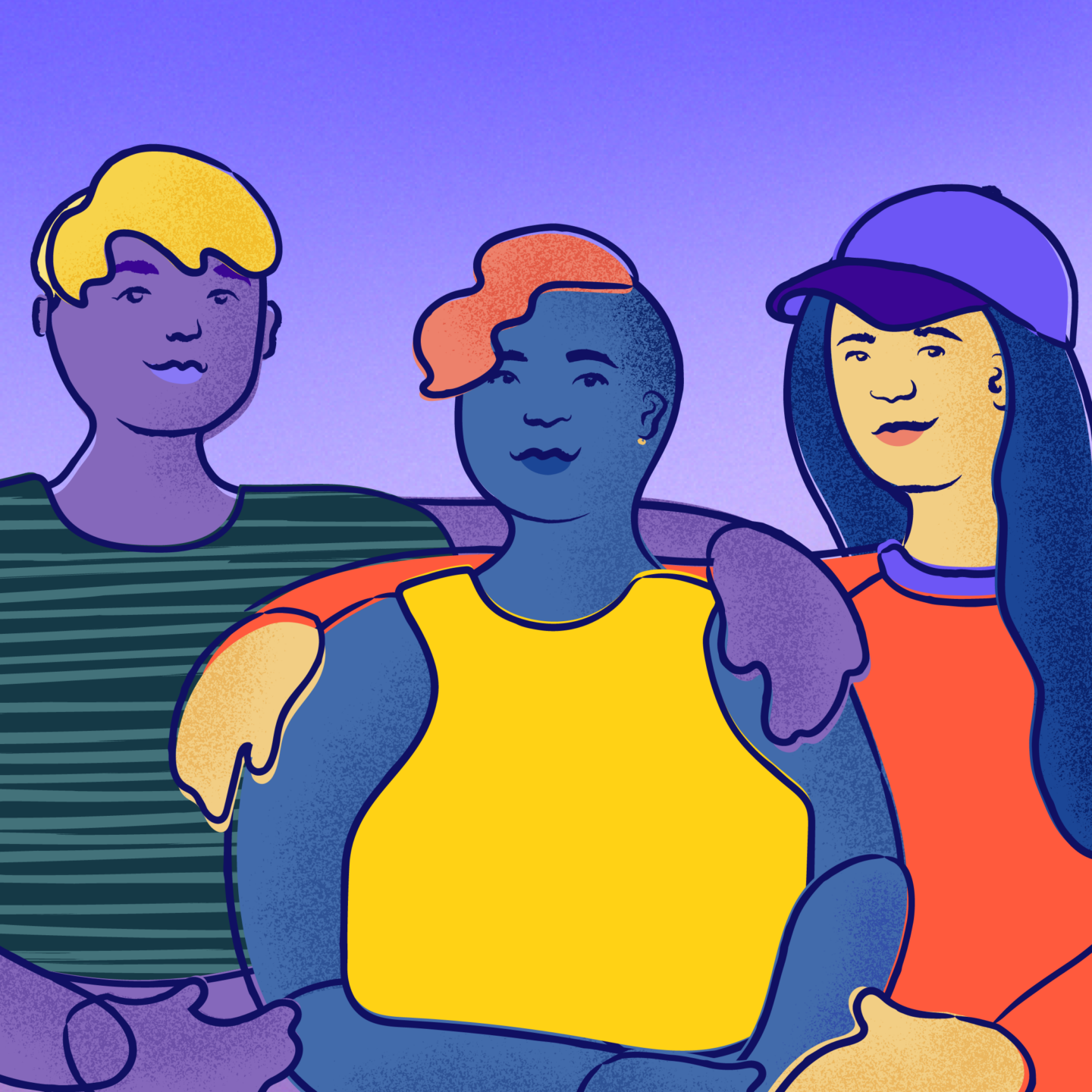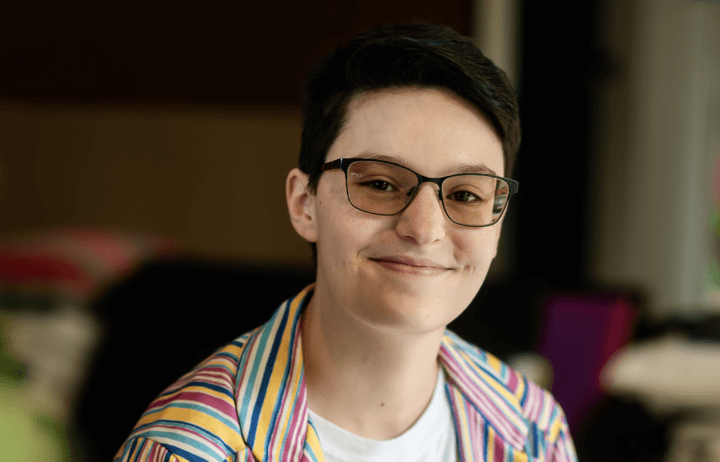Youth's Lives Every Day
BIPOC communities have historically faced discrimination, systemic inequalities, and social injustices — all of which have profound impacts on mental health.
This BIPOC Mental Health Awareness Month, it is essential to highlight the disparities that exist in access to mental health services among BIPOC communities. It’s important that we continue advocating for equitable resources and promoting the destigmatization of both asking for and receiving help.
Stigma surrounding mental health is prevalent in many communities, often leading to shame, silence, and avoidance. Within BIPOC communities specifically, cultural factors and historical trauma can further complicate discussions around mental health. Breaking these stigmas requires open dialogue, cultural sensitivities, and ongoing community support.
To help further these conversations and continue breaking down boundaries to mental health care, we wanted to provide a few resources that cater specifically to the needs of BIPOC and queer BIPOC folx. Explore the list below.
Resources:
The Loveland Foundation is a nonprofit that works to provide free therapy to Black women and girls, bringing opportunity and healing to communities of color.
- National Queer & Trans Therapists of Color Network (NQTTCN)
The NQTTCN is a healing justice organization through a network of practitioners that encompass black, indigenous, latinx, arab, middle-eastern, asian, pacific islander, and mixed race, lesbian, gay, bisexual, queer, transgender, two-spirit, gender non-conforming, genderqueer, and non-binary people committed to healing justice for communities of color. - Therapy for Latinx
Therapy for Latinx is a database of Latinx therapists and mental health resources, connecting those in need of support to providers with shared identities and lived experiences. - Therapy for Queer People of Color
Therapy for queer POC is a group of psychologists, professional counselors, social workers, and administrative specialists who provide quality mental health care exclusively to queer and trans people of color, with a focus on anti-racism, social justice, and intersectional identities. - Black Trans Men, Inc.
Black Transmen, Inc. (BTMI) is the first national nonprofit social advocacy organization with a specific focus on empowering African American transgender men by addressing multi-layered issues of injustice faced at the intersections of racial, sexual orientation, and gender identities. - Trans Lifeline
Trans Lifeline is a grassroots hotline and non-profit organization offering direct emotional and financial support to trans people in crisis – for the trans community, by the trans community. - Black Line
BlackLine provides a space for peer support, counseling, reporting of mistreatment, witnessing and affirming the lived experiences for folx who are most impacted by systematic oppression with an LGBTQ+ Black Femme Lens. - Hopeful Panda’s 50 Alternatives to Traditional Talk Therapy: The Ultimate List
This blog compiles 50 alternatives to talk therapy such as support groups, animal-assisted therapy, art therapy, and more. - Supporting Black LGBTQ Youth Mental Health (The Trevor Project)
This guide, created by The Trevor Project, provides information on how to support a Black LGBTQ young person’s mental health, and how anti-Black violence and anti-LGBTQ legislation impacts Black LGBTQ young people. - (U.S. and Mexico) The Trevor Project’s Crisis Services
The Trevor Project’s crisis services support lines for the U.S. and Mexico. - (International) External Crisis Services
Befrienders Worldwide provides crisis services to those in need across 90 global help centers, 48 countries, and in 94 languages.
To hold more space for community and connectivity, we wanted to create a discussion board for BIPOC members of TrevorSpace to connect with each other on the ways in which they seek out mental health support and break down stigmas across communities. Please use the space below to connect with others and ask questions, share experiences, or express yourself however feels best for you.
Discussion Guide:
- Do you often feel supported to manage your mental health needs?
- Do you find you have difficulty in getting access to mental health resources in your community?
- Are you able to talk about depression, anxiety, or any other mental health needs with your friends and family?
- Are you able to identify when you are experiencing a mental health issue?
- When you find yourself needing mental health support, what are some things that help you to find relief?
- Is there something in your family/culture/community which makes discussing mental health challenges difficult or uncomfortable?
Note: As a reminder, websites beyond The Trevor Project and TrevorSpace are not under our control. The Trevor Project does not review or ensure the accuracy of the content on other sites.


